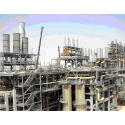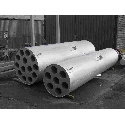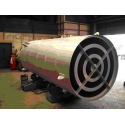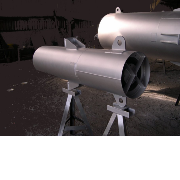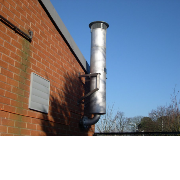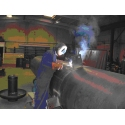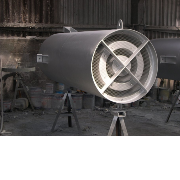Autoclaving medical waste – The health and safety benefits
2 February 2023Sterilizing waste can be vital in many situations. It is especially true with medical and laboratory materials. Autoclaving is a great option here as the high pressure steam can render items non-infectious. However, there is a risk the equipment can be noisy. Luckily, Ventx has the expertise to provide an autoclave silencer. We can design it to tackle the sound but maintain the performance.
Safer handling of waste
Medical and laboratory waste can pose a significant risk to health and safety. For example, it could be biological cultures for studying infectious diseases. They could be live viruses or bacteria. It could even be old medical implements like needles or scalpels with blood contaminating them.
The main issue here is the waste may need handling several times during disposal. For example, it may go from the first person to use and discard the item to someone collecting the waste to ship for disposal. From there it could come into contact with the lorry driver and people at the other end who unpack and process it. So, there is an even higher risk of accidental exposure at any point.
Good practice to minimise the risk is to sterilise the waste at source. A trip through an autoclave can do that. The steam would kill viruses and bacteria. As a result the waste would be sterile and non-infectious.
A number of different items are compatible with autoclaving. For example, you can put culture dishes, items made of borosilicate glass, stainless steel, PP and PC plastics, and more in. However, you can’t autoclave household glassware, PS, PE, or HDPE plastics, or materials that contain hazardous substances like bleach, corrosive chemicals, or flammable liquids. Some items will require longer hold times, such as items with film covers.
Using an autoclave
It is important to be careful when using autoclaves. There is a risk of injury due to the heat and high pressure. The noise can also be hazardous in some cases. It may even require the use of an autoclave silencer.
Operators here need to ensure they keep on top of equipment maintenance. There should be regular checks and services. Plus, equipment should only be used in line with the manufacturer’s guidelines. It is important to follow the recommendations for things like load size, cycle settings, and temperature.
It can be necessary to use heat sensitive indicators with autoclaves too. What they do is show that the autoclave reaches the correct operating temperature. Plus, you may need deodorisers if the autoclaving is causing bad smells in the area.
Talk to us if you want an autoclave silencer
Ventx supports all kinds of businesses. We appreciate that autoclaves can be vital in large and small labs, hospitals, health clinics, dental practices, and research centres. However, often the spaces can mean people need to work in close proximity to the equipment. Noise can be a serious hazard in these cases. It makes using silencers even more important.
If you do use this equipment and need an autoclave silencer, we would love to help. The solutions we offer are bespoke so they give you the maximum benefit. We also choose the materials carefully for longevity. You can contact us if you need any help with noise control here.


